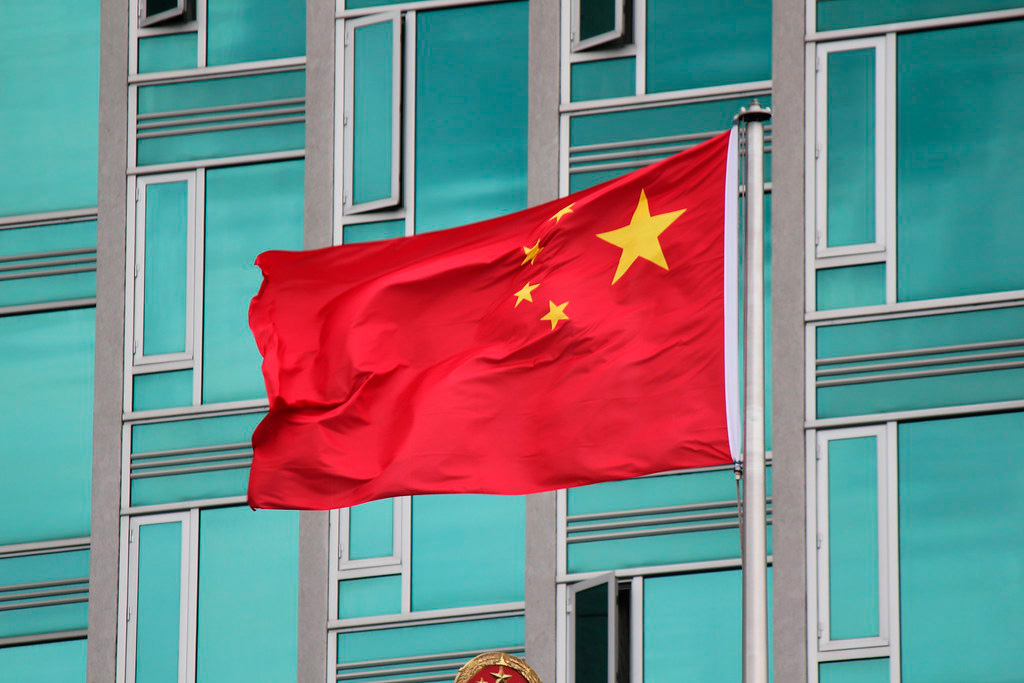China’s anti-corruption movement has turned its attention to the country’s lacking health sector with widespread corruption cases coming to light since the crackdown began this month. Investigators have charged more than 160 hospital heads, with the CPC specifically targeting the medical sector which has received public funding worth billions of US dollars under Covid-19 pandemic. Rampant corruption within China’s medical sector has been a long-standing issue, with implications for patient’s safety, healthcare, public trust and legitimacy for the Party. In an attempt to showcase its authority, the Party’s top anti-corruption agency, the Central Commission for Discipline Inspection (CCDI), has been leading the charges against corrupt practices in the country and has been constantly coming down heavily on such cases.
The cases of two senior pharmaceutical company executives – Winning Health Technology Group chairman Zhou Wei and Fan Zhihe, chairman of Shanghai Serum Bio-Technology, for instance, who have been under investigation for alleged corruption, has also raised attention to the fact that such cases are only going to rise given the investigation of high-profile entities. These forms of sector-specific investigations have also been on a rise since Xi Jinping took over the leadership position in the CPC.
More so, the investigations into the health sector importantly came under scanner right after China diluted its stringent zero-covid policy, suggesting that the period of curfew in the country was also used to enhance corrupt practices in the name of safeguarding health of all. China’s medical sector has also been severely plagued with the production and distribution of fake medicines which has in turn gone on to be fatal for many patients. These substandard and counterfeit products have also eroded public trust in the country’s healthcare system. Much of this has also been influenced by the fact that for long there has been lack of any checks and balances on corruption in the country.
Party cadre members who themselves indulged into such practices, received a free hand to run their own extortion rackets under the guise of promoting the country’s cause.
With Xi Jinping’s launched anti-corruption campaign there was some respite in the fact that there would be due diligence to prosecute the guilty, however, much of this form of investigation has been focused on eliminating political dissenters. The program has so far prosecuted very high-level state-level officials, deputy state-level officers, military commission members, dozens of ministerial-level officers, and hundreds of deputy ministerial-level officers. According to a report by the Indo-Pacific Centre for Strategic Communications (IPCSC), 111,000 people have been fined including provincial and provincial-level cadres, 633 department-level cadres, 669 district-level cadres, and 1,000 townships.
This goes on to demonstrate the extent of widespread corruption that has been rampant in Chinese society. The fact that most political affiliates have known that some pharmaceutical companies bribe hospital bosses and party secretaries for sales has also caused some panic within the party for not having reported such instances. The irregularities in such cases have more importantly been traced back too many top officials who share their cuts in order to maintain discretion about kickbacks on such deals.
A major case that also recently shook the military sector was the corruption and espionage charges against prominent Military generals and officers within the prestigious People’s Liberation Army’s Rocket Force (PLAF). This case had once again brought to light the failures of Xi Jinping’s anticorruption rampage where many have speculated that this too could be seen as an attempt to eliminate candidates that could pose a threat to the all-powerful leader. The Central Military Commission’s anticorruption unit is currently investigating the seriousness of the charges against Li Yuchao, the head of the department and his team of subordinates. The Rocket Force’s leadership transition during perilous times in China has also led many to believe that the case might supersede to be amongst the most corrupt cases of all time within China’s military units.
The role of inadequate oversight can also not be dismissed when such cases come to light. Even after having various cases come out in public, the number of businesses and party officials prosecuted has not yet reduced. On the contrary it has gone on to seem like a political tussle between various political factions in China. With the anti-corruption programs of Xi Jinping’s era at a full rampage, very few in the country believe that such cases can bring about a change in the social being of party officials and seem to believe that such instances of prosecution have significant political motive while very little
would be done to prosecute the guilty.

